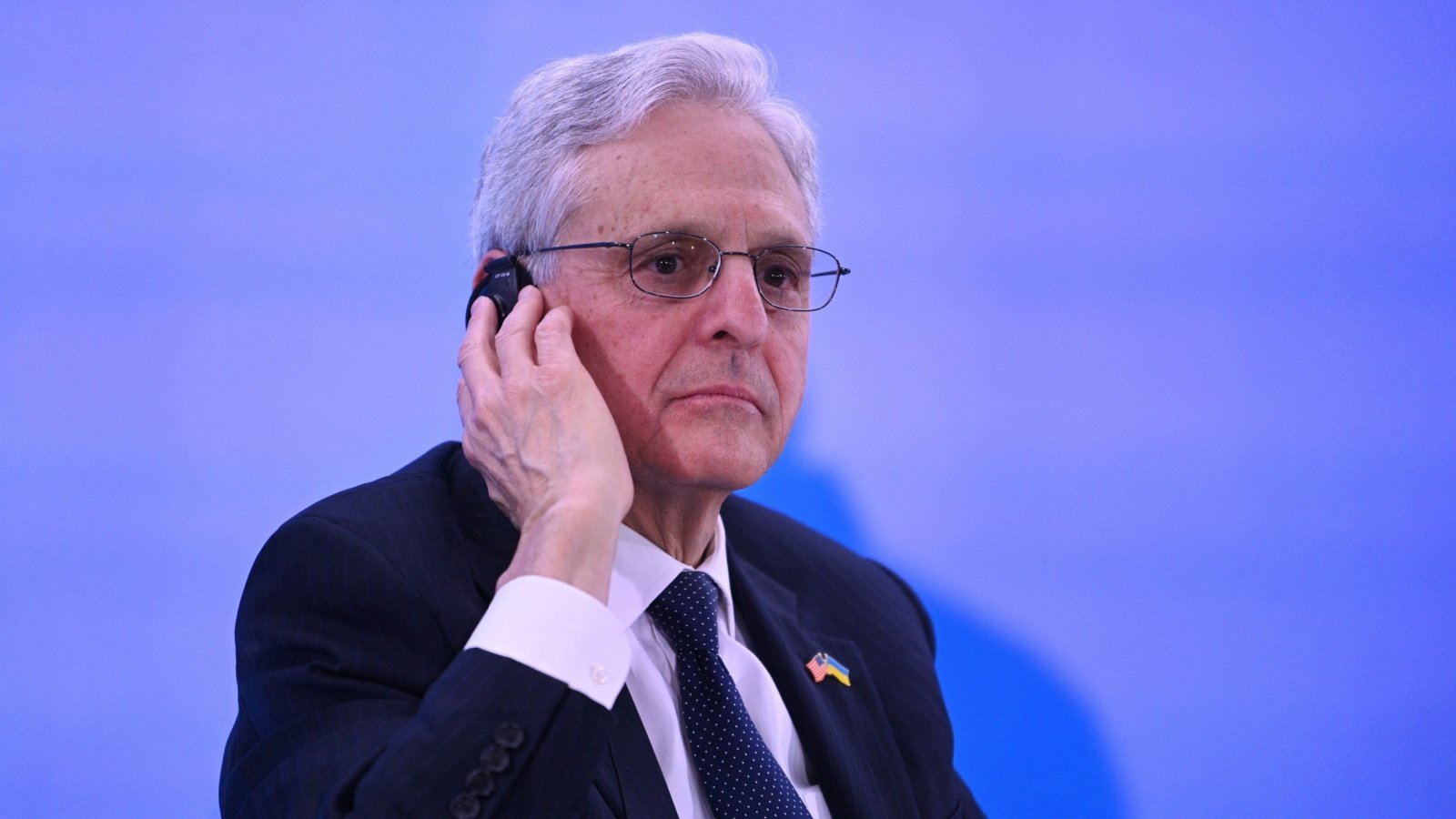Attorney General Merrick Garland dismissed the notion that he should have censored or withheld a special counsel report critical of President Joe Biden as “absurd.” He made these remarks in response to the controversy surrounding the report, which labeled Biden as an “elderly man with a poor memory.”
Garland stressed that such an action would contradict the principles of transparency that have guided the handling of similar reports in the past.
Transparency in Special Counsel Reports

In a detailed press briefing, Garland explained that the decision to release the special counsel’s findings was rooted in a tradition of openness. The report in question, drafted by Special Counsel Robert Hur, did not recommend criminal charges against Biden for his handling of classified documents before his presidency but included comments on Biden’s memory that sparked political debate. Hur released records of his interviews with Biden to Members of Congress and provided extensive support for his report and conclusions.
The Controversy Over Biden’s Memory

The report’s focus on Biden’s memory attracted criticism from supporters and some former prosecutors, who argued it unfairly targeted the president’s mental and physical capabilities amidst his reelection campaign. These comments were seen as providing fodder for Biden’s political adversaries.
Biden’s Reaction

President Biden himself expressed frustration over the report’s remarks about his memory. Asserting his competence and leadership, Biden defended his record and contributions to the nation’s recovery. His response highlighted the personal impact of the report’s language and the broader political ramifications.
Legal Disputes and the Justice Department’s Stance

Prior to the report’s release, Biden’s legal team had reached out to Garland, expressing concerns over its content and tone. However, the Justice Department maintained that the report’s language was appropriate, emphasizing the importance of independent and unbiased legal processes.
The Independence of the Justice Department
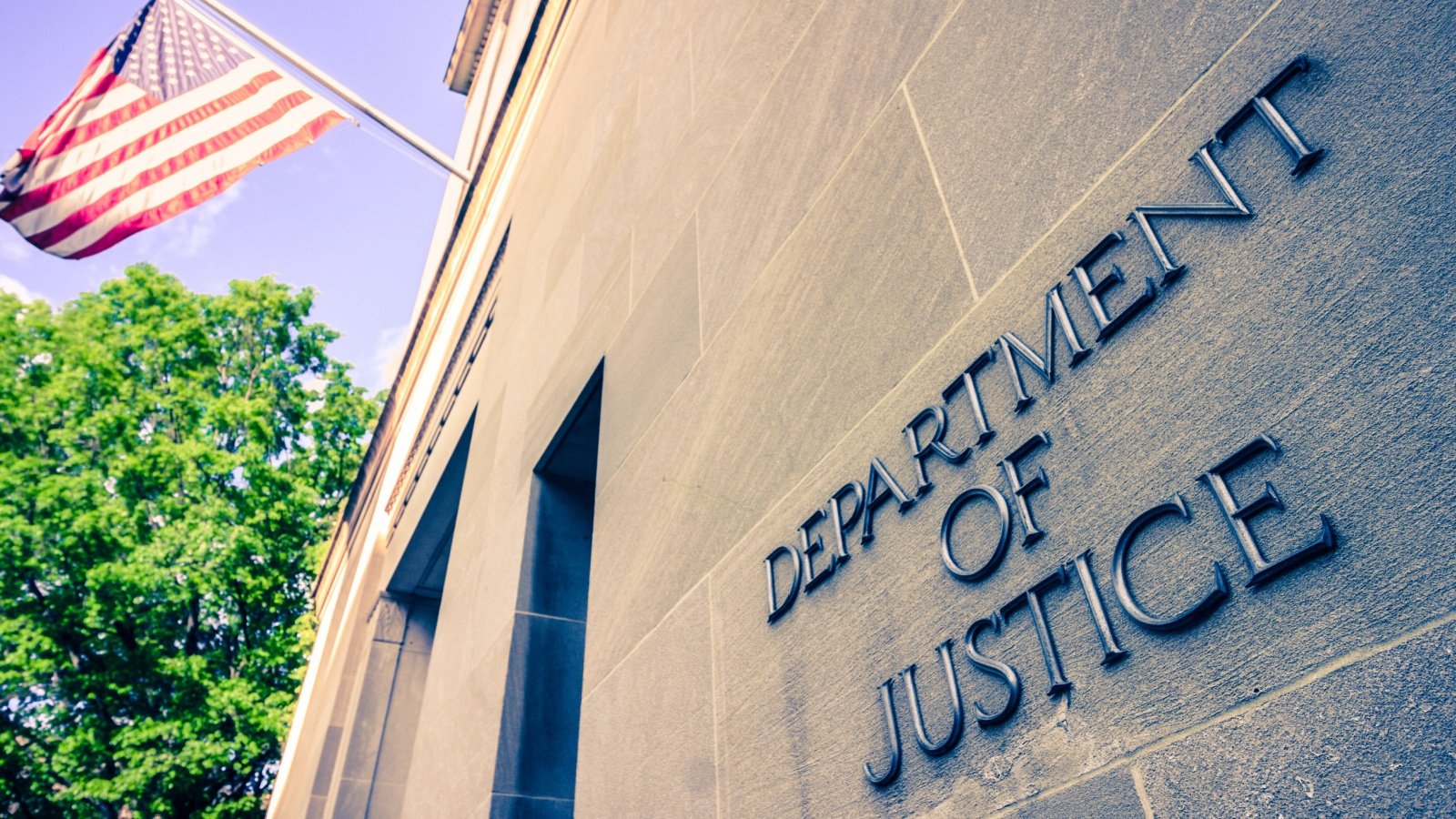
At a press conference unrelated to the report, Garland took the opportunity to address the controversy. He reiterated the Justice Department’s autonomy, noting that no White House interference had occurred regarding the report’s release. This statement underlined the administration’s respect for the department’s independence.
Ensuring Public Disclosure

Garland defended his decision to make the report public, linking it to a 25-year tradition of transparency for special counsel investigations. This approach, he argued, was necessary for maintaining public trust and ensuring accountability.
Justice Department Veterans Weigh-In

Many veterans within the Justice Department supported Garland’s decision, recognizing the necessity of releasing the report in its entirety. This consensus was backed by the absence of executive privilege claims or requests for redactions, reinforcing the commitment to transparency.
The Debate Over Report’s Fairness

Biden’s attorneys contested the special counsel’s portrayal of the president, arguing it represented a double standard. They criticized the report for singling out Biden for memory lapses, suggesting a biased approach to the investigation.
Special Counsel Robert Hur’s Background
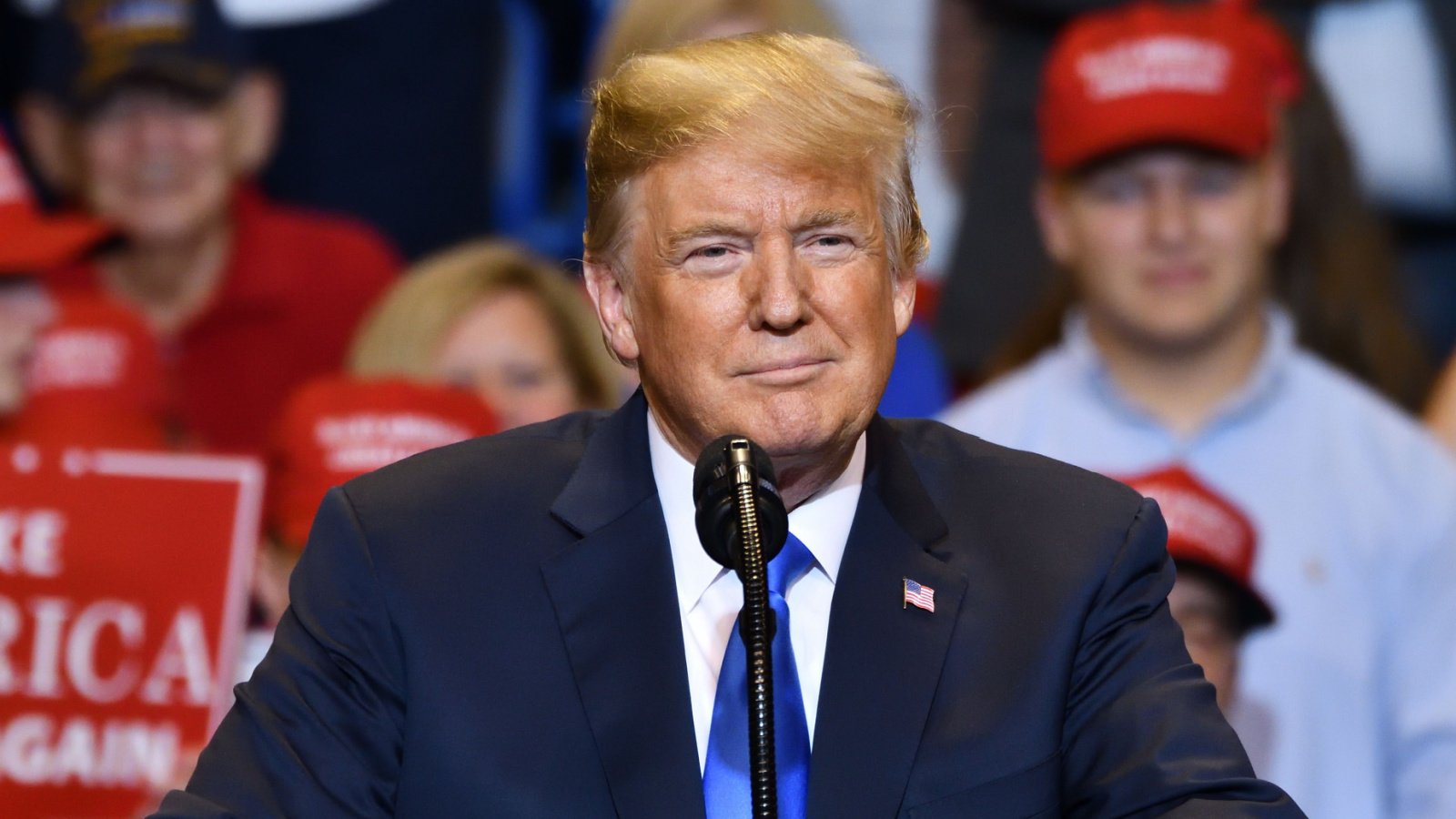
Robert Hur, appointed as special counsel, came with a background as a U.S. attorney for Maryland and was chosen during Trump’s presidency. Later tapped by Garland for the Biden investigation, Hur faced scrutiny from both sides of the political aisle during his review.
The House Judiciary Committee’s Inquiry
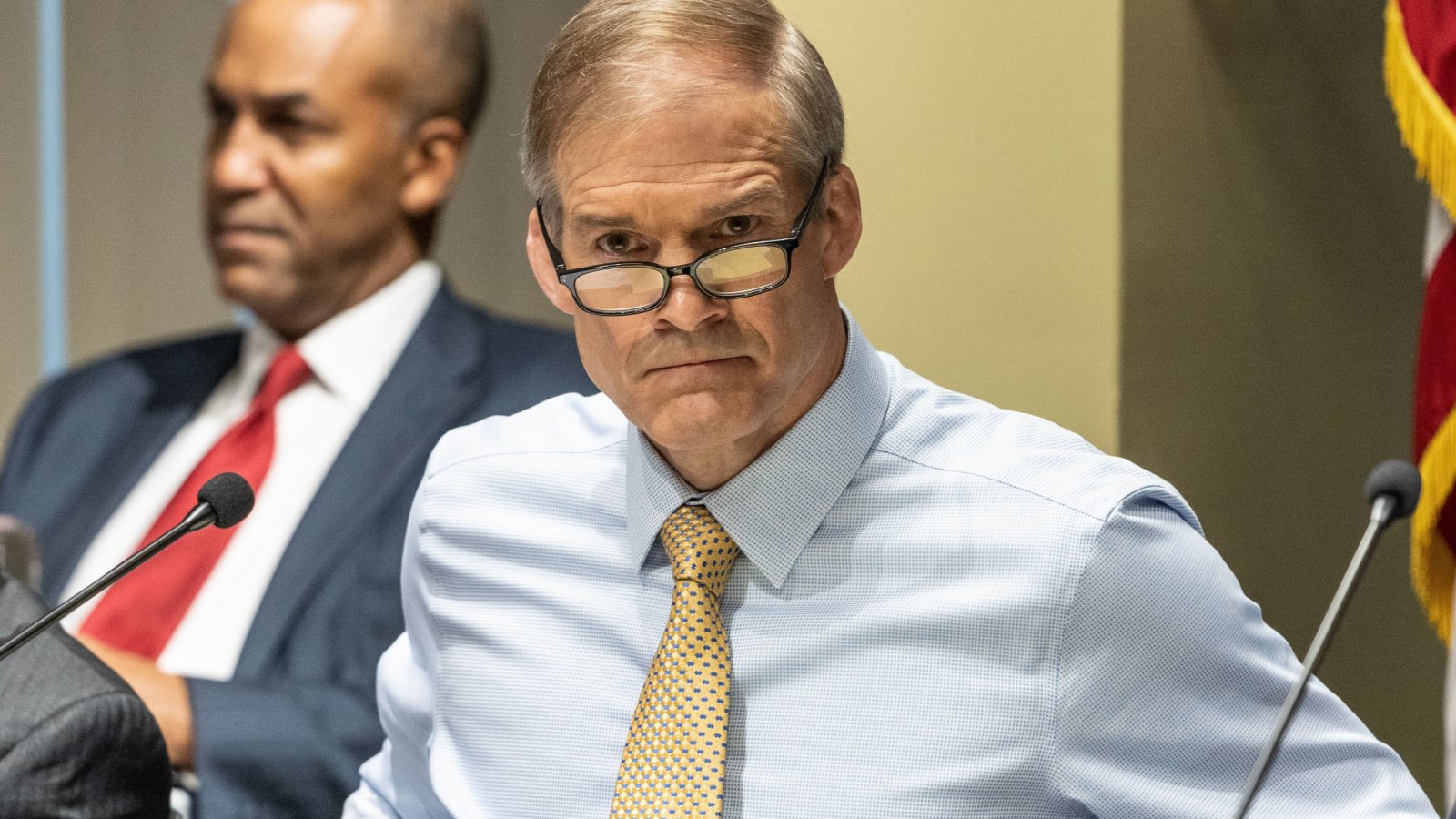
Hur’s conclusions and the language used in the report were subjects of intense questioning by the House Judiciary Committee. Members from both political parties sought clarity on the decision-making process and the findings’ implications.
The Importance of Context
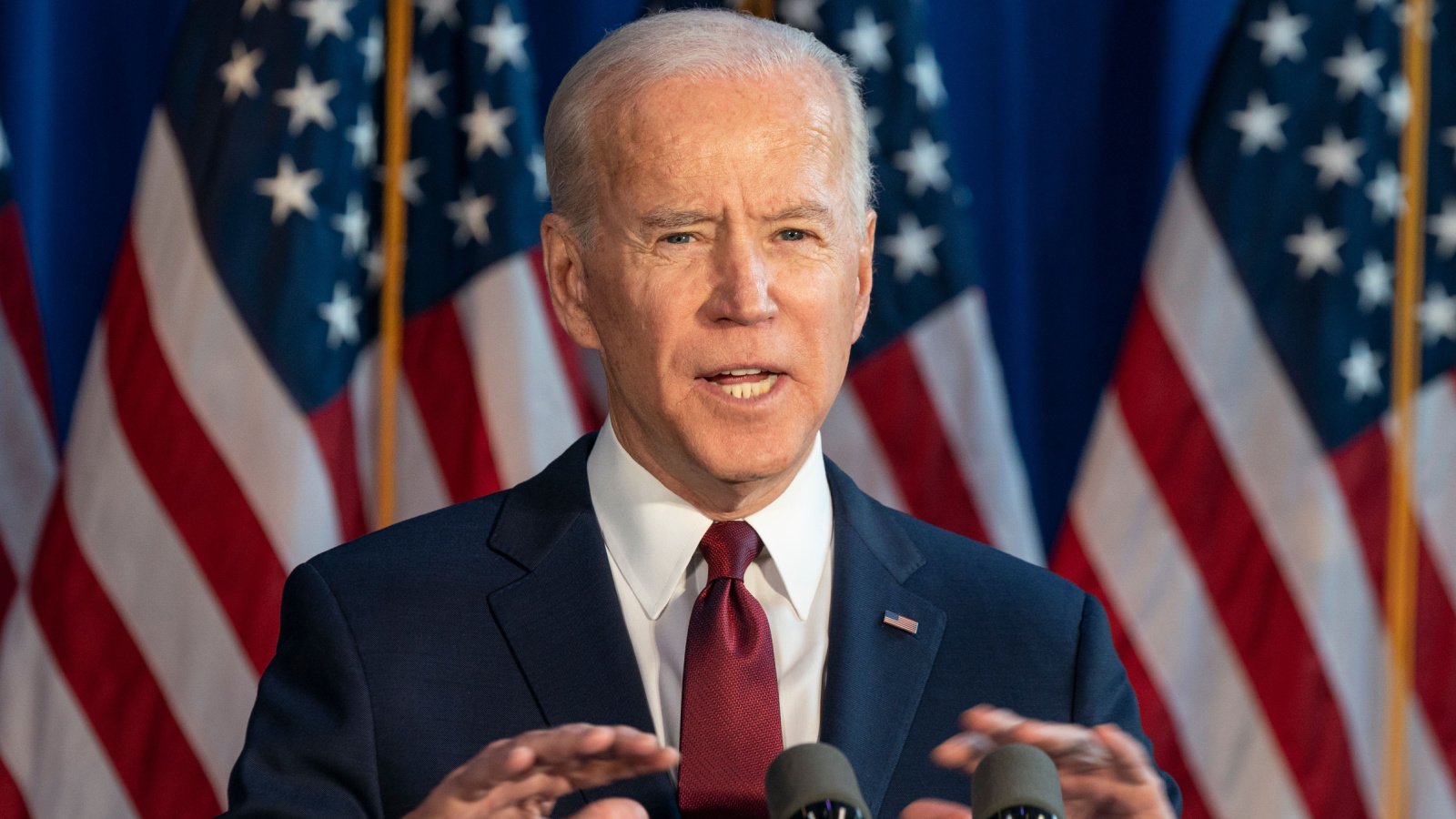
The controversy over the special counsel report highlights the intricate balance between legal integrity, political implications, and the personal reputations of those involved. Garland’s staunch defense of the report’s release underscores the Justice Department’s commitment to principles over politics.
Biden’s Legal Team’s Response

The correspondence between Biden’s lawyers and the special counsel’s office sheds light on the legal and ethical considerations at play. These exchanges reflect the tension between ensuring transparency and protecting individual reputations.
Looking Ahead

As the political and legal fallout from the special counsel report continues to unfold, the principles of transparency, independence, and accountability remain central to the debate. Garland’s actions and statements emphasize the enduring value of these principles in the face of political and personal challenges.



